A few weeks ago on a Saturday morning, I got the following text message from my friend and colleague who teaches 6th grade.
Four words. The same sentiment this brilliant teacher speaks into the lives of her students when they encounter challenges. Aubrey came to her understanding of the “power of YET” by reading Dr. Carol Dweck’s work on growth mindset.
It occurred to me that the process Aubrey was engaging in as we continued to text back and forth was itself rich with the power of YET. Her students hadn’t mastered comprehending nonfiction text YET. She was not YET convinced the instruction she’d designed fully supported her students in using strategies to deeply understand nonfiction selections.
Aubrey went on to plan her next steps in designing lessons and setting up a learning environment for the coming week in which her students would more easily find success in comprehending nonfiction texts. She chose not to think of her instruction as failing her students the previous week, but instead she used the less-than-encouraging data from her students as feedback to improve her instruction going forward.
This conversation with Aubrey caused me to think back on something I’d read recently. Back in January of this year, I printed the transcript from a podcast that Michael Hyatt shared on his blog about overcoming obstacles to goal-setting. Michael shared about a significant business failure and how he worked to use that as an opportunity for personal growth.
For me…I felt like it was a reflection on my competence or my worth as an individual, and I internalized it. “I failed, therefore I must be a failure.” Nothing could be more devastating to the human spirit than that. You have to avoid that. Part of that happens with reframing it. Failure isn’t final; it’s only feedback. You learn from failure.
Failure = feedback.
That’s exactly what Aubrey was intentionally choosing. She didn’t view herself or her students as failing. She saw her students’ short cycle assessment results as feedback. Not failure. Feedback.
Those are inspiring words from Michael Hyatt and important for educators to merge with Dweck’s body of research.
There is incredible value in teachers taking the time to instruct students about growth mindset. It’s critical to help kids to understand that the way in which they view their own abilities affects their achievement. Students who understand that their intelligence can be nurtured and developed through hard work and the willingness to try new strategies, and to view mistakes as a pathway to learning (not an expression of who we are, i.e., a failure), are able to outperform their peers who believe intelligence is fixed.
If the research Dr. Carol Dweck and her colleagues have undertaken shows that students who focus on the process that leads to learning can foster a growth mindset and subsequent benefits, then can’t the same be true for teachers?
In my work as an instructional coach, what would happen if I place the same emphasis (or perhaps even greater) on process as I do on outcome? What if I chose my words wisely when I encourage or praise and give as much “airtime” to the process of reflective dialogue as I do to looking at student scores on weekly assessments?
I’ll admit that currently I focus primarily on the outcome. We constantly analyze data when I meet with teachers to look for patterns and trends so we can determine more effective ways to design instruction.
We also spend way more time working to create strategies for improvement than we do celebrating student progress. The very act of celebrating could potentially give much needed energy to persevere through the arduous process of planning for improvement.
Could our collective brain power increase if I were to place more of an emphasis on the process of reflecting and thinking deeply about ways to improve student learning instead of on actual test results?
Carol Dweck from a TED Talk in November 2014:
How can we build the bridge to YET? Praise wisely. Don’t praise intelligence or talent. Praise the process; their effort, their strategies, their perseverance, their focus, their improvement. This process raises kids who are hardy and resilient.
I know that Dweck was speaking about the research findings when working with students, but could I praise more wisely when I coach teachers?
Uh, that would be YES.
Lord knows, teachers in this age of obsessive accountability could use anything that might act to reinforce their perseverance and focus. They most certainly could benefit from practices that foster an environment where they could grow to be hardy and more resilient.
The current accountability system has served to dishearten even the toughest, most irrepressible teachers I know. I see it every day and it’s heartbreaking
I believe there are three simple steps for facilitating an environment in which teachers can engage deeply with challenges. A place where they can process errors and learn from them. A setting that embodies the power of YET.
When supporting teachers, I can:
- Praise wisely by focusing on the process of improvement
- Reframe failure as effective feedback
- Encourage celebration as an effective tool that energizes and fosters persistence
The power of YET can change mindsets. Those who focus on the process that leads to learning can foster a growth mindset and experience impressive benefits for themselves. It’s imperative to see failure as important feedback and to make the commitment to celebrate progress (no matter how great or small). The simple act of celebration can serve as essential fuel for real and lasting improvement.
Who knows? We may just find that over time we get smarter, too.
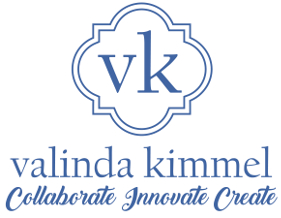

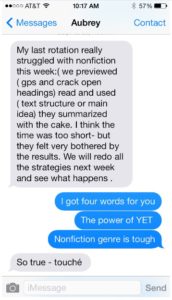
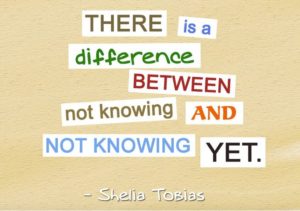
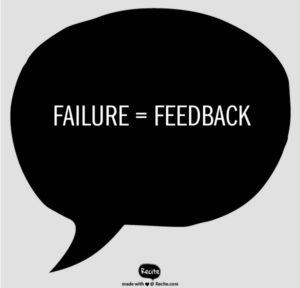





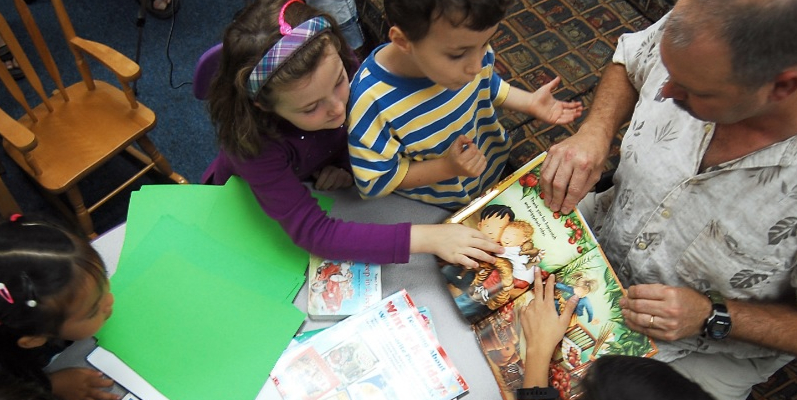


Valinda, this is amazing. I am honored and very humbled by your observations and point of view.